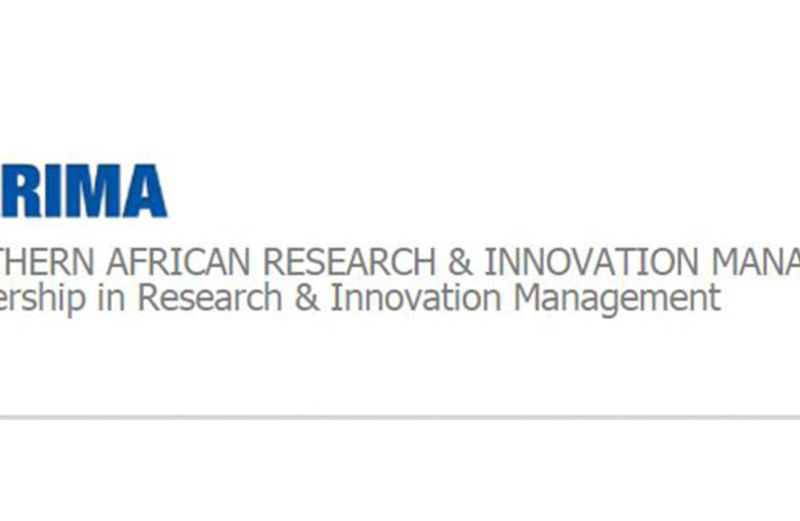Fostering science diplomacy in Africa through Science Granting Councils

Science Granting Councils (SGC) in Africa are strategically positioned to develop science diplomacy strategies with clearly identified actors and goals to advance both science and diplomacy simultaneously on the continent. This important role of SGCs was emphasized at the Pre – Southern African Research and Innovation Management Association (SARIMA) Conference on 22 May 2017 facilitated by The World Academy of Sciences (TWAS) and the American Association for the Advancement of Science (AAAS).
The SGC delegates from across Africa have been coordinated and supported by the NEPAD Agency to attend both the Pre-SARIMA and the SARIMA main events with the aim of sharing knowledge and familiarizing them on the importance of Continental Frameworks such as the African Union (AU) Agenda 2063 and the Science Technology and Innovation Strategy for Africa (STISA-2024). During the week, NEPAD Agency will hold more capacity building sessions with SGCs on processes involved in validating data collected from Research and Development (R&D) and Innovation Surveys.
Delivering a keynote address, US Ambassador to the Republic of Namibia, Thomas F. Daughton said that science diplomacy is a two-way street with mutual benefits but at the same time it can also be tarnished with suspicion and mistrust between actors/countries. He added that this is where SGCs and scientific research institutions come in to play an advocacy role that can help to foster science and scientific research rather than hinder it.
“With increased globalization, scientific research and diplomatic cooperation have become critical in addressing the challenges of the world today,” Ambassador Daughton said.
He further added that the world needs more scientific diplomacy to share knowledge on how to combat diseases and improve health care, preserve wildlife, provide clean and safe water, boost agriculture development for food security and to end hunger, as well as address the adverse impact of climatic change and accelerate economic development, among others.
The workshop was attended by African research institution administrators and research funders who discussed and identified ways of building international networks to enhance science diplomacy. SARIMA President-Elect, Ms Jaci Barnett reminded the delegates that they play a huge role in bridging the gap between science and policy makers. According to TWAS representative, Peter McGrath, Africa only accounts for 10-12% of TWAS membership and the role of SGC’s will help to boost Africa’s membership in TWAS to accelerate science diplomacy globally.
Science diplomacy is a new term for an old practise. It has always existed but it was not until 2010 when a theoretical framework was developed through the publication of New Frontiers of Science Diplomacy report in 2010 and operationalization of the term began. The report identified three key dimensions;
- Diplomacy for Science – involves countries engaging each other to advance science and facilitate science cooperation, resource sharing, infrastructure development, and strengthening scientific capacity and economic development;
- Science in Diplomacy – involves the role of science in diplomatic negotiations and governance of international and transboundary spaces and global commons i.e. air, water, food, energy, etc. through policies and treaties;
- Science for Diplomacy – Involves using science as a universal language to enhance diplomatic relations, ease tensions and open channels for dialogue between countries.
The Pre-SARIMA science diplomacy workshop sets the stage for the importance of discussing science and diplomacy ahead of the SARIMA week which begins on Tuesday, 23 May 2017. It exposed delegates to some key contemporary international policy issues relating to science diplomacy and took stock of science diplomacy case studies and experiences in Africa.
NEPAD Agency works towards strengthening the capacity of SGCs to support research and evidence-based policies for socio-economic development in Africa. The objectives of the SGC Initiative are to manage research, support knowledge exchange with the private sector, establish partnerships with other science system actors and design and monitor research programmes based on the use of robust Science, Technology and Innovation (STI) indicators.


